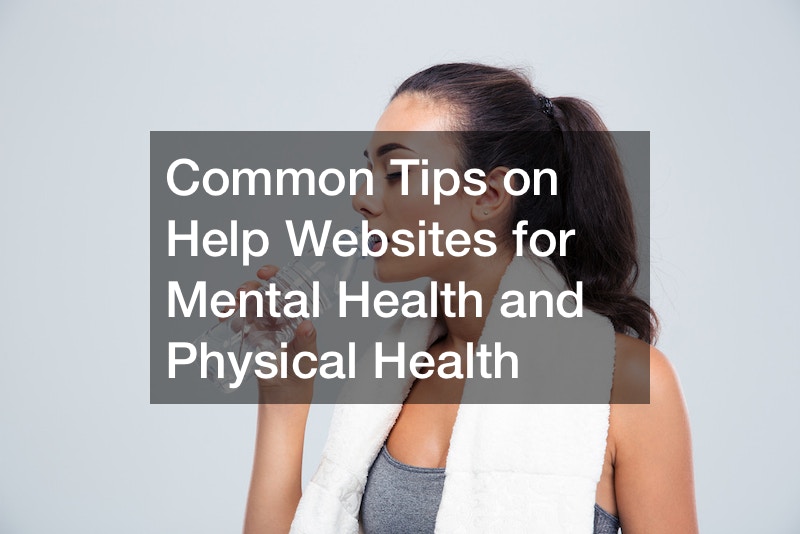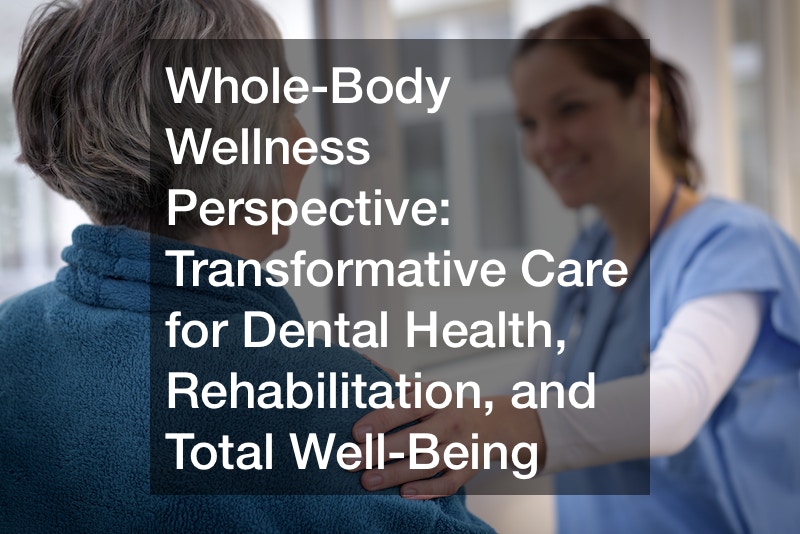
Resilience is shaped by the natural processes that shape our bodies and minds. The muscles in our limbs are sculpted over decades when we move, and gradually accumulate muscles, bones, and tendons. The brain grows and reorganizes itself in response to experience. At birth, the central nervous system is a network of fluid-filled membranes that folds, bends, and contracts as the brain develops and grows, so that its structure is continually reshaped. Over time, some brain structures become larger, stronger, and more robust, and certain connections strengthen and create new networks that develop. We may never completely heal from our wounds. However, the long-term result is that we develop a superior ability to cope. Our brains learn to organize and manipulate information, to regulate mood, to better respond to stress, and to cope effectively with life’s challenges.
Having strong mental health allows us to develop and maintain this protective mechanism. As people experience life, their brain learns to respond to the life events that occur and to minimize their own reactions. This learning process begins in childhood and persists through adulthood.
Join a Community Who Understands Your Situation

Understand how your mind works. To regain your mental health, you have to understand the biology and physiology that causes depression, anxiety and other psychological symptoms. Doing so can help you learn how to manage your own reactions to stressful events.
Look for things to celebrate. To feel better, you have to change how you think about things that upset you. To cope, you have to build a mental bucket list that helps you focus on the positive.
Listen to your emotions. You can’t avoid emotional feelings altogether. Emotions often involve an intense or unpredictable mix of positive and negative feelings. Finding a way to tolerate, integrate and even rejoice in your negative feelings will make you happier and more capable of managing life’s challenges.
Engage with others and perhaps join a health club. Developing social and community ties has a range of benefits. You can better manage your depression if you have a supportive network of friends and family. You can use relationships as a resource to help you cope with your negative emotions.
Look After Your Hearing While You’re Young
Commit to daily physical activity. A daily dose of moderate to vigorous physical activity can have a positive effect on your mood and energy levels, and may reduce your risk of a number of health problems, including depression. Be kind to yourself. Don’t blame yourself for feeling down. You’re not defective or broken. Talk to others about what’s on your mind. You may be surprised by the number of others with similar problems.
Stay connected. Sometimes you need time to heal. But in the meantime, make some effort to maintain or rekindle the connections you have. One way to do this is by scheduling regular “contact hours” with friends, family or colleagues.
Ask for help. Don’t suffer in silence. Ask others for help with things you’re struggling with. It could be family, a friend, a partner, a professional or a support group. These people care about you and can help you feel better. You’re not on your own.
Don’t bottle things up and schedule an ear appointment – depression and ear infections are not always unrelated, and you might need a hearing aid. Don’t leave your worries or complaints to fester. Talk to others about how you’re feeling, either in person or on social media. Sometimes the most helpful thing you can do for someone you love is to let them know how you’re feeling — it can make all the difference in the world.
Ask your doctor or health care provider for help. Mental health problems are often caused by physical illnesses. If you have a physical illness that you’re concerned about, discuss it with your doctor. He or she can review your current health and ask if other treatments could be helpful.
If you experience a serious health problem, don’t wait to see a doctor. It may be a sign of depression. Take action. Get treatment. If you see a friend with a chronic illness, ask them how they’re coping.
Work From the Ground Up

Listen to your doctor’s advice. Some diseases can be treated if they’re caught early. If you have a chronic or serious illness and haven’t been to see your doctor, it’s a good idea to make an appointment as soon as possible. This will give you the time and the advice you need.
Don’t Lose Your Sense of Smell
In the same way that you would need an ankle doctor or foot doctor if your foot was injured, or a rhinoplasty surgeon if your nose needed surgery, you should seek the help of a mental health professional if your mind isn’t functioning in the way you’re used to.
Don’t Forget About the Pandemic

In this day and age, this could be from the effects of Covid-19 – you never know. When you become depressed, anxiety or have a mental health condition, you may feel as if you don’t have control over your emotions. But you’re not alone. Your body is trying to protect you. You can manage your emotional reactions by taking a few simple steps. If you’re anxious about taking an action you’re worried about, such as talking to someone about an illness or running an errand, make sure you focus on the positives.
It’s important not to make your emotional reactions an obsession. You can learn to better manage your own emotions by developing an attitude of acceptance rather than avoidance.
Have Your Heart Checked Every Year
Follow a moderate eating plan to take care of your mind and your heart. Eating too much or eating too few calories will increase your appetite and possibly put you at risk of needing peripheral artery disease treatment. But if you’re trying to reduce your appetite, you may find that eating just the right amount of food can make a big difference. It may take a while to learn to eat in a healthy way, but it’s worth the effort.
Enjoy healthy fats. Include a variety of healthy fats, such as nut and seed oils and olive oil, in your diet. They can help you feel more energized and improve your overall health.
Care for Your Pets How You Want to Be Cared For

Exercise daily. You may have been unable to exercise at all in the past. However, you may be able to do some of the simplest exercises. Simply walk for a few minutes. If you can’t get out and exercise in a day or two, that’s OK. Your health is a big deal, and you should feel good every day. But that doesn’t mean you can’t exercise. Another way to get exercise is to care for your pets by playing with them and walking with them. If they get sick, it can have a big effect on your emotional health, and of course, take them to an animal hospital that can care for them.
Put on some clean socks. If you have a foot disorder, your foot may hurt. Wearing dirty, tight socks may make it hurt worse. Wearing comfortable socks can reduce swelling, ease soreness and reduce some of your emotional reactions.
Talk to your doctor. Ask your doctor for help managing your emotional responses. He or she can recommend appropriate treatments. Your doctor will help you manage your emotional reactions. He or she will be able to suggest treatments. If you have a mental health condition, you may need help with emotional management. You can learn how to do this by listening to your doctor. If you’re in need of emotional support, talk to a mental health professional.
Even with all the advantages of modern medicine, both mental and physical illness still affect many people. Now, more than ever, is the time for people to engage in activities that provide meaning. Because, as the patients’ stories make clear, if you are unable to do this, it can be hard to accept your situation.
Be Excited About Childbirth, Not Anxious
Upon reflection, many moms say that when they were pregnant, they used to feel guilty for feeling sad, angry, and overwhelmed. They often worried about everything under the sun: their outfits, their weight, being a good mother, hospital beds for childbirth – you name it. Then, they grow to accept it. They accept that the feelings might not go away, but that they may have to deal with them.
The truth is that even if you feel well mentally, you may still be struggling to get back to the life you had before. This is an ongoing process. We all need a reason to get up and out of bed in the morning. Sometimes, that reason is family or friends. Other times, it’s health and fitness. And, sometimes, it’s meditation and mindfulness.
Many people use the internet to get information, and most of us share the news on social media. This can help to reinforce the worst mental health myths, and can make you feel more lonely and depressed than ever before. Be careful with what you share, and try not to take everything you read on social media at face value. Another thing that helps is spending time with your family. It’s important that you enjoy life with your family and friends, and, if you are part of a group of friends, it can also help to engage in healthy, healthy-living activities with them.
Health, fitness, and fitness clubs can be helpful. The more you do, the more you’ll love it, so try to join a club or find an exercise class that you really enjoy. To get back to exercising, it may help to repeat a mantra like this: I’m going to take my health back. I’m going to start going to the gym again. I’m going to start cycling, hiking, gardening, hiking, yoga, walking, swimming, and cycling. I’ll do what I can to take care of myself.
In the end, doing things that make you feel good helps, but it’s not always that simple. We’re always trying to engage in healthy activities like exercise and yoga, but, even after doing these things, you can still have health issues. That’s the reality of life – that mental health can and often does have a different effect on different people.
This illness is tough to deal with. Most find it difficult to speak about it, even though they know it’s important. Mental health is just as important as physical health, and you should never feel embarrassed or ashamed of it. But now, it’s time to get on with life, so that you can experience what is in store for you.
That being said, some of the advice listed above can help you to cope and maintain a healthy emotional and mental outlook in life.
Healthy Relationship

A healthy relationship is important to achieving emotional and physical wellness. Being in a healthy relationship is a key to achieving long-term happiness, healthy relationships, and self-acceptance. Often the healthiest relationships are the ones formed by children and young adults when they have begun to develop their emotional and physical capabilities.
The relationships in our lives are mostly the ones we don’t create. Once they develop, we are free to make choices that can dramatically affect our lives, but we rarely have the ability to change the relationships that were established by the time we are adults. The healthy relationships we have early in life are the ones we must choose to maintain as we grow older.
Healthy relationships take effort. They require loving actions, attentive listening, and forgiveness, sometimes on both sides. Healthier relationships make us happier. They reduce our stress levels, allow us to accomplish more, and enhance our self-confidence.
If you know a friend or loved one who is struggling with an unhealthy relationship, encourage them to seek help from a therapist, elder care provider, or family counselor. If you are emotionally and mentally healthy and seeking new relationships, we recommend joining a club or community group, visiting a place where people are looking to connect with others.
Family Health
Family health is important to both mental and physical health. As you grow older, your family becomes even more important. Having a supportive family helps to ward off depression and helps you maintain a positive outlook on life. Relationships strengthen health as well as that of children.



